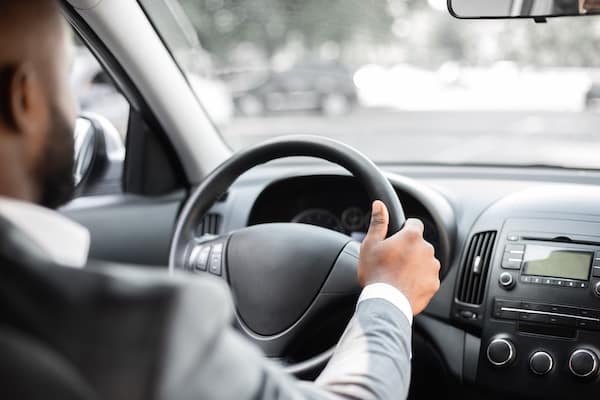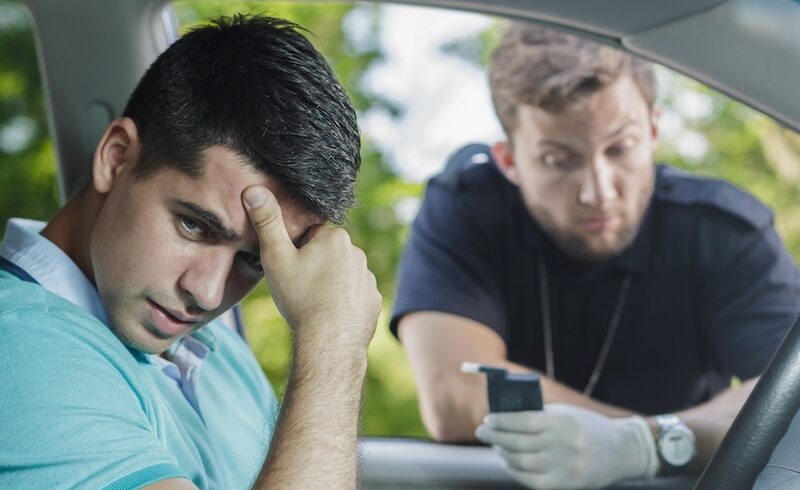
According to the Illinois Secretary of State, a person is considered to be under the influence if their blood-alcohol content (BAC) is .08 or higher. Anyone found with 5 nanograms or more per milliliter of whole blood of tetrahydrocannabinol concentration (THC in cannabis) or is impaired by medication is also considered to be under the influence.
75% of those arrested for DUIs (driving under the influence) are male. 57% of those males are under age 35. Most were arrested on a weekend between 11 pm and 4 am with a BAC of .16, which is twice the legal limit in Illinois.
Illinois takes DUIs very seriously. Anything from hefty fines to incarceration to a seized vehicle can happen to the offender. If you’ve been arrested for a DUI and your vehicle has been seized, you need a DUI lawyer to help you sort things out.
Learn what you can do if vehicle forfeiture has happened to you due to a DUI.
What Leads to a Seized Vehicle After a DUI
For a first DUI offense, you may face your license being suspended for six months to one year, a year in jail, and a $2,500 fine. That’s if it’s considered a Class A misdemeanor rather than a felony.
Now, thanks to Article 36, it’s also possible for the government to seize your vehicle. The government can also legally sell your vehicle at auction and keep the proceeds after a process called civil forfeiture.
To have your car seized, one of the following must be true.
Driving with a Revoked or Suspended License
If you’re found driving with a revoked or suspended license and the following occurred as well, you may have to forfeit your car:
- You are found guilty of Leaving the Scene of a Motor Vehicle Accident which caused death or personal injuries to others.
- You’re found guilty of Reckless Homicide. You can also lose your car for a DUI pursuant to section 11-501 and/or section 11-501.1 of the Illinois Vehicle Code.
Previous Convictions
Having a previous DUI record will also most likely lead to your car being seized by the government. Especially if you are guilty or suspected of any of the following offenses:
- A Reckless Homicide where you were found to be under the influence of drugs and/or alcohol.
- You were driving under the influence of drugs and/or alcohol and were involved in an accident that resulted in the death, disability, disfigurement or great bodily harm of another.
DUIs and Prior Offenses or No Liability Insurance
You already have at least two prior DUIs and are convicted of a third offense.
However, it’s also possible to have your vehicle seized if you’re found driving a vehicle that’s not covered by a valid liability insurance policy and you’re found guilty of a DUI.
Understanding the Vehicle Forfeiture Process
If the government decides that they are going to seize your vehicle, it must be delivered immediately to the sheriff of the county where the seizure occurred.
Once your vehicle has been delivered to the sheriff, he or she must notify everyone listed on the title of the automobile within 15 days via certified mail to the address on file with the Secretary of State.
Family Members Can Prevent Forfeiture by Claiming a Hardship
It’s worth noting that if you do have a spouse, he or she can transfer the vehicle’s title if they can sufficiently show that the seized vehicle is their only source of transportation, and that not having access to a vehicle creates enough of a hardship for the family that it outweighs the benefit to the state to seize it.
However, family members can only claim hardship if the vehicle was seized for felony DUI violations and for driving with a suspended or revoked license. Also, a family can only claim a hardship relief once.
Notice of a Seizure
Upon receiving a notice of a seizure, the State’s Attorney must file a complaint of forfeiture in the circuit court of venue. The only way to prevent this from happening is if there are mitigating circumstances that warrant remission of forfeiture.
The complaint is then served in the same manner as the notice of seizure. The recipient then has 20 days from the date of the mailing of the complaint to file a verified answer.
Lienholders Can File a Petition to Get the Car Back
If your vehicle has a lien on it, the lienholder must file a petition to have the vehicle returned to them pursuant to their security interest.
In circumstances where there was no just cause for releasing the vehicle, the next step is a hearing on the forfeiture action. Forfeiture proceedings are a civil matter.
Forfeiture is Not Reliant on a Conviction
As a result, the State only needs to provide proof that the vehicle was used in the commission of a crime.
It’s also important to note that even in cases where offenders are not convicted of the underlying offense, they can still be forced to forfeit their automobile.
What Steps You Need to Take to Prevent Your Car from Being Forfeited
Driving under the influence in Illinois is a serious matter. It’s not something to take lightly.
It’s also not something you can undertake on your own. The only way you can help yourself is by hiring a DUI attorney who can help you keep your car.
Even if you were found driving over the limit, you may still be able to avoid a DUI conviction. A DUI lawyer can explain your options and help you decide what the best course of action is.
Contact Us for a Free Consultation
A seized vehicle is extremely problematic to both you and your family. We’d like to help you prevent that from happening.
Don’t wait until it’s too late. Contact us today for your free consultation.


